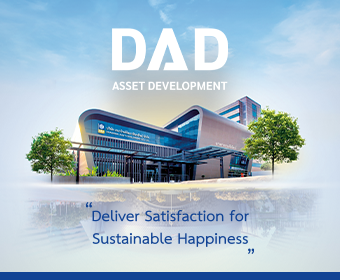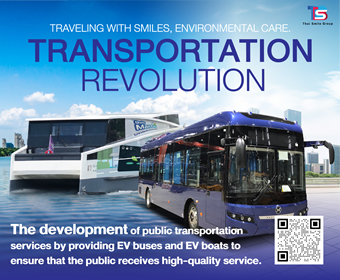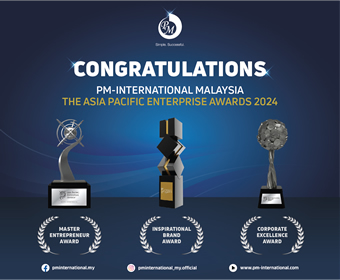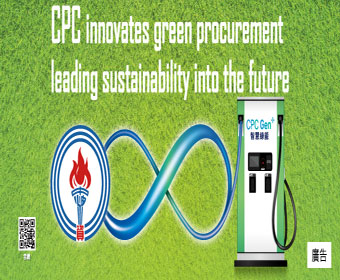The review of the Johor-Singapore Special economic Zone (JS-SEZ) draft agreement between the Malaysian and Singaporean governments is in the final stage and is expected to be finalised this month.
In this regard, Economy Minister Rafizi Ramli said the relevant Cabinet paper would be presented within about two weeks before finalising it.
“This would enable both countries to sign the agreement during the Malaysia-Singapore Annual Leaders’ Retreat in early December. After signing the agreement, both countries can draw up a blueprint according to the development nodes set,” he said.
Commenting on the country’s preparations to reduce its dependence on foreign workers and employ local workers in the JS-SEZ, he said the process should be carried out in an integrated and phased manner via the JS-SEZ concept.
“These processes are actually connected. If we want to create high-paying job opportunities, we need a highly skilled workforce. (However), it we want to product a highly skilled workforce first, such investments will go to other countries.
“Therefore, it needs to be done in an integrated and phased manner via the JS-SEZ concept to that we can swiftly develop industries previously unavailable in Malaysia,” he said, adding that it aligns with the JS-SEZ’s aim to attract high-value global investments and create high-paying job opportunities in designated areas in Johor.
Among the sectors identified to support this aspiration are digital and technology, green energy, advanced electronics and semiconductor development as part of the artificial intelligence (AI) and data centre ecosystem.
The renewable energy (RE) industry will also be one of the main focuses in the JS-SEZ development, which is expected to significantly benefit both countries.
On this, Deputy Secretary-General (Policy) of the Economy Ministry Datuk Dr Zunika Mohamed said Singapore needs a sustainable energy supply to ensure the survival of industries in the city-state and Johor can potentially meet those needs.
“Apart from energy, the other sectors we want to focus on in this collaboration are industries that can significantly add value to the national economy,” she said, noting that Johor has great potential to attract foreign investors including those from Singapore seeking business expansion.
Hence, apart from supporting the development of RE, the JS-SEZ is designed to attract foreign investments, ease the movement of goods and people and raise economic cooperation between Malaysia and Singapore.
“With the JS-SEZ, we will be able to attract more investments into Johor with a spillover (to benefit) the whole country,” she said.
The post JS-SEZ Draft Agreement to be Finalised in December first appeared on Logistics Asia.
















